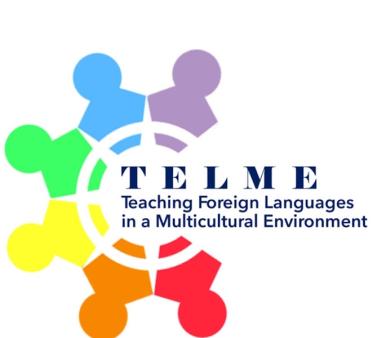Objectives
Musicology takes into account both the considerable evolution in music (in particular its increasingly diverse association with other, sometimes new, arts) and students’ interests. It is characterized as follows:
-
general training in music and musicology research, an indispensable basis for building a base for knowledge, thinking and practice in this discipline;
-
strong focus on examining the relationship(s) between music and the other arts, particularly in the 19th and 20th centuries.
-
consideration of the multiplicity of and relationships between the various types of music, both popular or scholarly, Western and non-Western.
The specialization coheres in the synergy between the various orientations of the disciplinary field (aesthetics, analysis, history of music, ethnomusicology) and in the value of anchoring musicology in the human sciences, in particular through gateways to other fields (dramaturgy, film studies, art history, poetry, literature, psychoanalysis, anthropology, etc.).
Skills
Students will develop a personal scientific project or theoretical reflection on a creative work, the outcome of which will be a thesis defended at the end of the fourth semester. At various times throughout the training, students will be given the opportunity to actively participate in research conducted by a lecturer-researcher, to present and discuss their work in progress (dissertations, articles or papers) and to debate specific questions (theoretical, critical, aesthetic, methodological). In addition, students are encouraged to follow the activities of the two teams to which the pathway is linked.
Course Content
In Master 2, students must present a research project to a research supervisor.
The Aesthetics and General Methodology modules are shared with the Cinema, Digital Arts Computing and Theatre specializations.
Part of the disciplinary methodology is shared with the MEEF Music Education and Choral Singing Master’s Degree.




